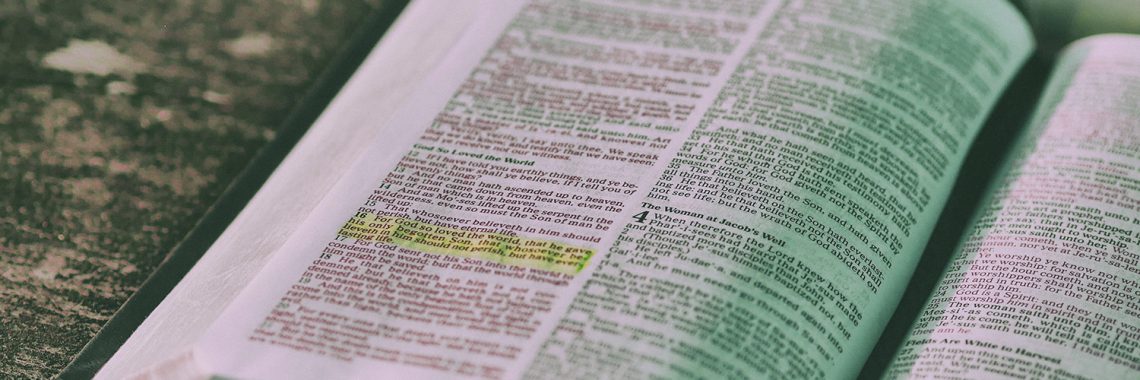“The people that walked in darkness have seen a great light” – and here we are, inside this well-lit, bright, warm church hall. But that’s not the main reason we’ve left our homes, TV shows and whatever else we usually do at this time of day. We are here tonight to celebrate the incomparably more powerful source of light than those lights here, or anywhere else in the world, for that matter. We are here to celebrate the birth of the Light that has the power to penetrate even the darkest corners of the human heart and soul. It’s a paradox that this most powerful source of light comes in the form of a powerless and vulnerable baby boy, born in an impoverished family far from home, in the middle of the night, in a stable. This whole situation hardly bears the hallmarks of a privileged birth, let alone a royal one. Rather, it recalls the recent pictures of families displaced by war and desperately looking for shelter.
If we set aside what we know now with the benefit of hindsight, the story of Jesus’ birth, as described by St Luke in his gospel, is strikingly ordinary; it comprises happenings, events and incidents that – taken individually – are insignificant. There was a new family living in the northern backwater of Israel, caught up accidentally in political turmoil and forced to travel a long distance at the most inconvenient time possible: the end of Mary’s pregnancy. The delivery took place far from the safety of their home or of any other habitable human establishment. The news of the birth of “a saviour, Christ the Lord” was proclaimed to some shepherds – a job regarded as being at the bottom of the heap by their contemporaries – in the middle of nowhere, by an angel. And the sign to recognise this royal figure? “You will find a baby wrapped in swaddling clothes and lying in a manger.” All this looks more like a series of unfortunate events than the grand design of Almighty God.
But that’s the paradox of God’s intervention in human lives. Couldn’t God make Himself a bit more tangibly, more obviously, present to us? Well, I guess He could. But His choice not to has been dictated by his love for you. How’s that? Let’s carry out a simple thought experiment. Imagine someone who has the power to make your life really miserable or really good, someone that your life or fate heavily depends on, one way or another. When such a person presents to you certain consequential choices, you consider your possible benefits or losses and the possible effects on the proponent. Let’s be honest: sometimes, we make decisions that are less beneficial to us in order to avoid upsetting such a powerful figure. God doesn’t want to force you to accept his plans, rules or commandments out of fear. He wants to pull you towards Himself by love. He leaves you so much freedom that you can even turn your back on Jesus, as indeed many people do. He comes to you in unassuming ways: as a defenceless baby boy lying in a manger; as a defenceless ultimate sacrifice nailed to the cross, as a defenceless piece of bread turned into His sacred Body… Tonight, He comes to you and me again as the Light to disperse the shadows of anxiety and doubt. He comes with the gentle power to lead us out of darkness into His wonderful light.


